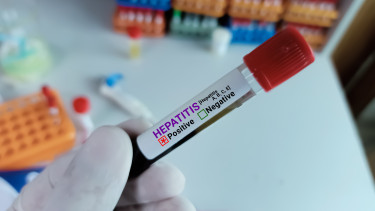New world comes to Hungary: "Attention! Food contains insect protein!"

The Minister stressed that the Government also wants to protect Hungarian consumers from foods containing insect protein authorised in the EU through strict product labelling and segregation rules. Hungary was the only member state not to support the EU's intention to place insects on the market as food and food ingredients in the EU.
The Ministry of Agriculture has amended its food labelling regulation to provide accurate information to consumers. Products containing insect proteins will be clearly distinguishable and separately displayed on store shelves.
Packaging and labels which do not comply with the Regulation may continue to be used for three months and products bearing such packaging or labels may remain on the market for a maximum of three months. István Nagy also pointed out that no fines will be imposed for non-compliance with the amended Regulation for a period of 90 days.
He also said that the legislation does not affect insect-derived additives, which have been widely used by the food industry, but applies to insects as ingredients. It is important to bear in mind that the Insect Protein Regulation does not apply to an ingredient that is used in a relatively wide range of products by manufacturers today, carmine. Typically found in yoghurts, meat products, carmine is made from mites, but it is not a protein, it is a colouring agent. It is listed as E120 in the ingredients.
The other side: gourmet, or simply energy-effective and sustainable
Although it is still far from widespread on the shelves of Hungarian shops, one can easily find insect food in domestic online shops with a simple search.
In terms of price per kilogram, one can find crickets with cayenne pepper, cocoa locusts, whole roasted crickets with Carolina Reaper flavour, or protein bars made of crickets with banana or dark chocolate flavour, all in the hundred thousand forint range.
In addition to more gourmet foods, cricket flour and toasted mealworms, for example, can be found in shops and online stores. These foods are not necessarily gastronomically important, but because they are typically less energy and water intensive to produce than meat or dairy products, they can be offered in a sustainable way.
Cover photo: Getty Images










